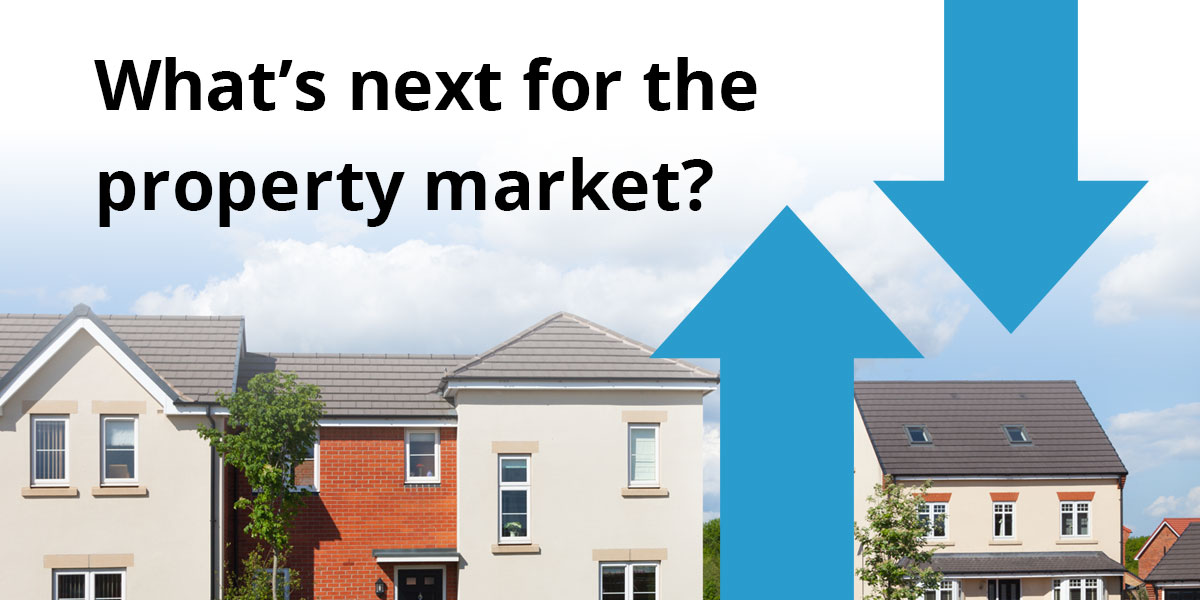By Danny Luke, Managing Director at Quick Move Now
As a company, we’ve witnessed many peaks and troughs in the property market. We’ve been operating as a cash home buying company since 1998 and have bought and sold more than 6,000 properties in that time.
The last year has been unlike any other. With the property market effectively grinding to a halt for several months, Covid-19 looked set to be the biggest challenge the property market had faced since the end of the Second World War. So, how did 2020 end up being a year where we saw annual house price growth of 7.3%¹? What is next for the British property market, and are current market conditions sustainable?
What is going on?
It is, without doubt, a seller’s market. Demand is high.
Despite lockdown, and perhaps because of lockdown, desire to move has been strengthened by people’s changing priorities. Whether it is a first-time buyer who has outgrown living with housemates, a professional looking for a home office to accommodate their new working arrangements, or a family looking for more outside space, many people are looking for a change. The government’s stamp duty and furlough measures, combined with increased home-working, mean that, contrary to early predictions, many home buyers have found their financial situation unaffected or even improved by the pandemic.
At the same time, we have seen fewer properties coming to market. In ‘normal’ circumstances, many homeowners will only put their property on the market when they see something they want to buy. Stock levels were driven to an unnatural low by the pandemic, so there simply isn’t enough interesting stock available to encourage sellers back to the market.
This historically low volume of property coming to the market, combined with increased demand, is resulting in the rapid price increases we are currently seeing.
What’s next?
One thing is for sure, the current boom cannot continue indefinitely. With salaries remaining largely static, and a great deal of uncertainty beyond the end of government measures, prices simply cannot keep rising. Once furlough ends, unemployment is likely to rise. Unemployed homeowners are motivated sellers, which will undoubtedly have an impact on property prices. We may also see incomes stall for several years, which will mean there simply won’t be the cash available to drive continued house price inflation.
As lockdown ends, we can also expect to see necessity becoming a greater factor in increasing property stock. As those stock levels increase, price inflation will slow.
Overall, I think people are desperate to get on with their lives and are optimistic the future will be brighter. This optimism should help us through this difficult period. However, house prices are massively impacted by optimism. If the exit from the crisis is messy and slow, we could well see house prices significantly impacted. In my opinion, the most likely scenario is that the economic restructuring will not be even. We will see certain locations or areas benefitting and others struggling. We could well see different demand and supply pressures, and therefore different house price inflation, in each region.
One thing that is certain is that the current market conditions are not natural and will not continue. There is no historical reference point to map our exit from this crisis and therefore we all have to wait and see how things pan out, keeping our fingers firmly crossed that we see a gradual return to normality and equilibrium.
¹ Nationwide House Price Index (https://www.nationwide.co.uk/-/media/MainSite/documents/about/house-price-index/2020/Dec_Q4_2020.pdf)

